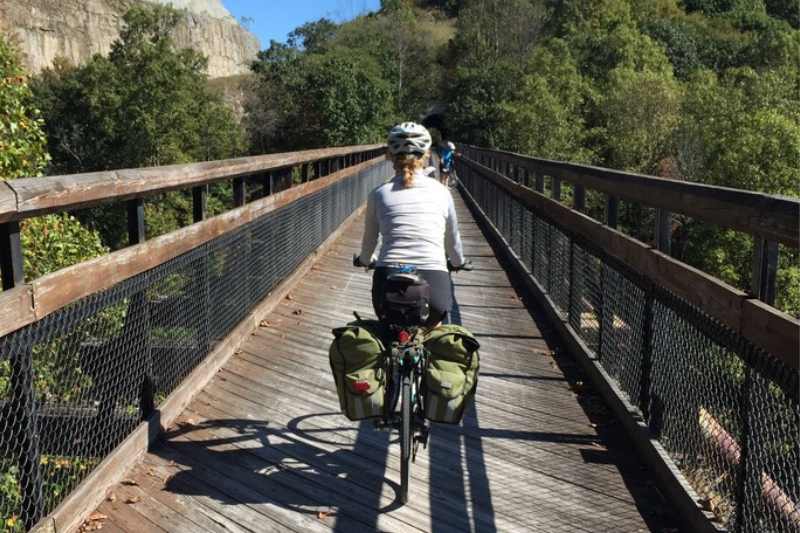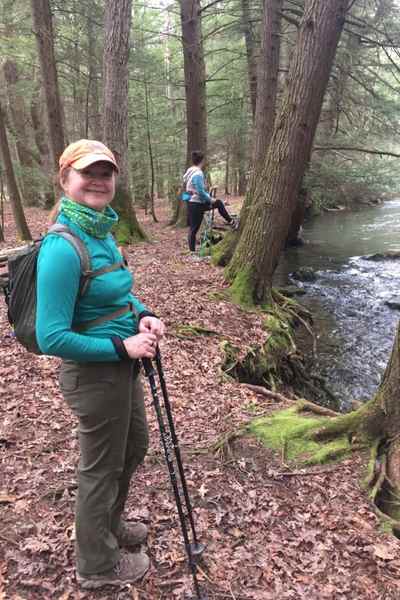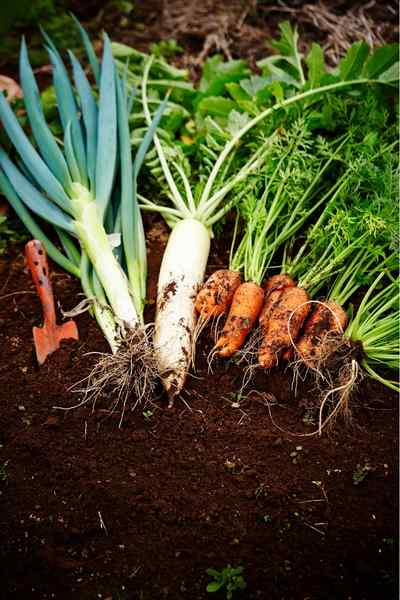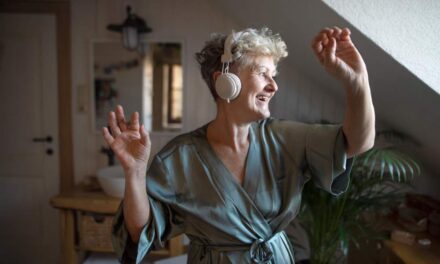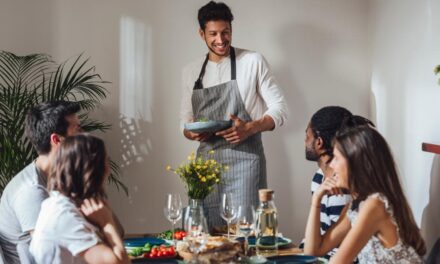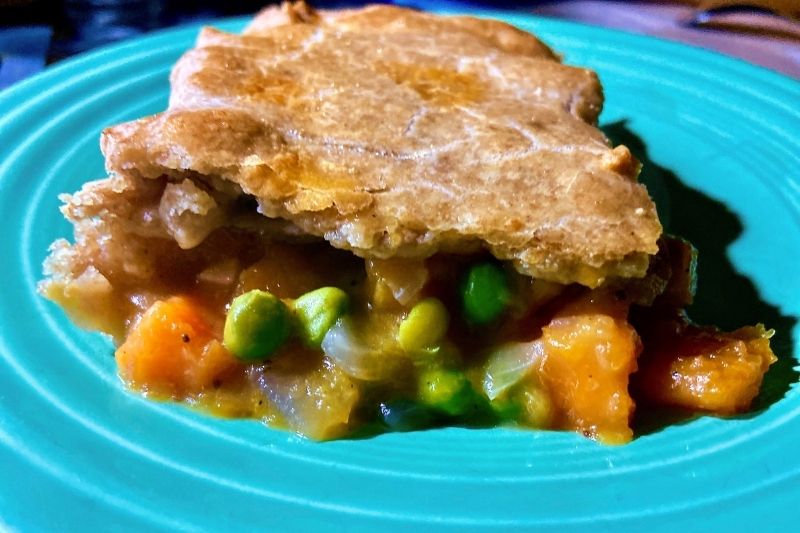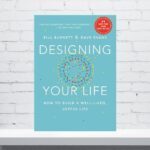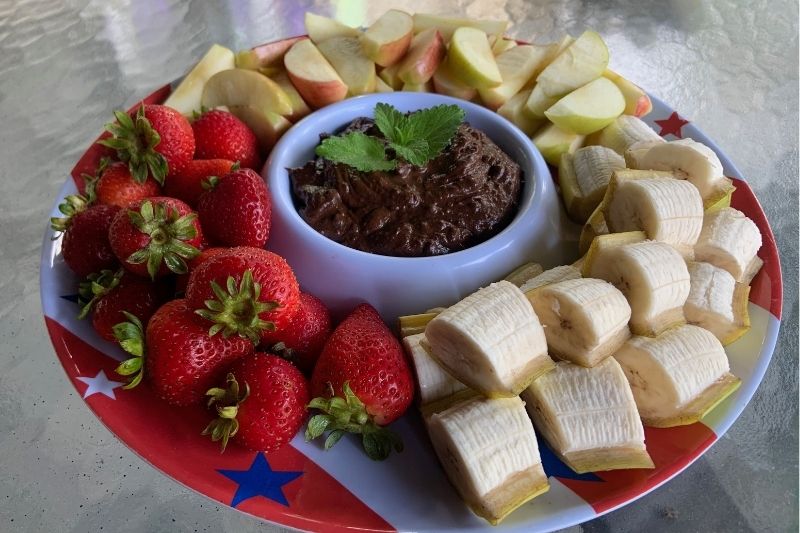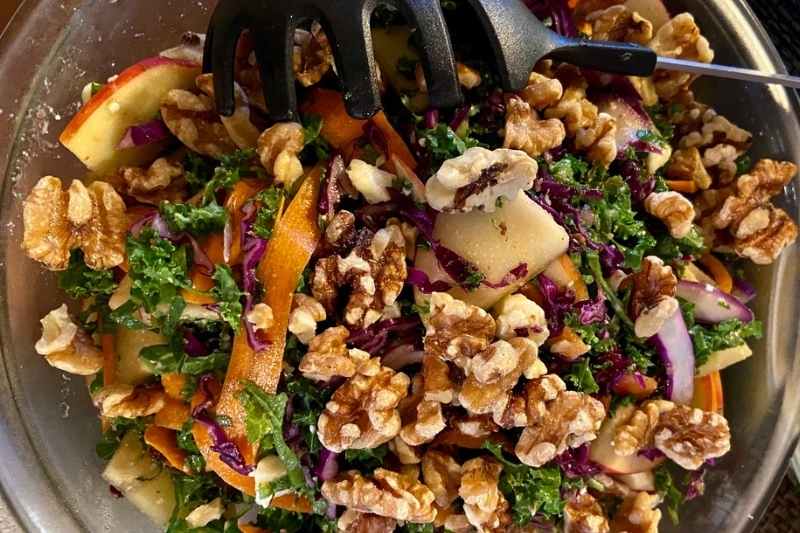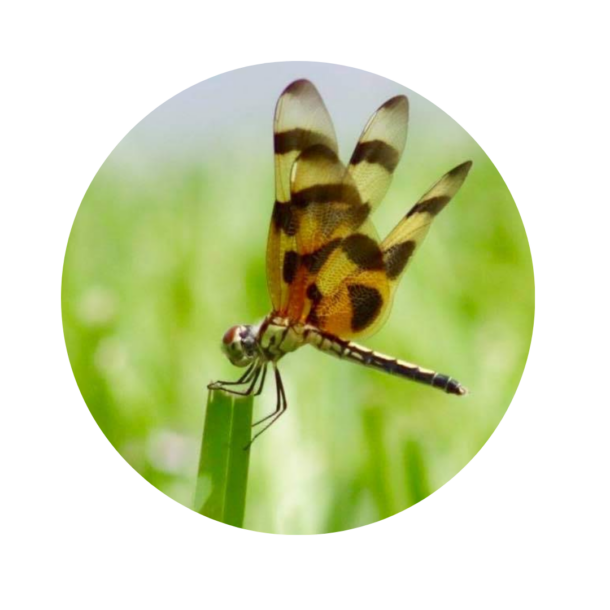Yvonne Dwyer describes her focus on sustainability: “It’s not something I have to force”
For Yvonne Dwyer, sustainability has become an extension of a lifestyle immersed in nature. As a Master Naturalist and writer for One Planet Life, Dwyer places particular importance on sharing how the natural world can enrich our lives.
“This is stuff that I’ve been interested in my entire life,” she said. “I can remember back to when I was five, six years old, creating my own fort out of bifold doors in the woods.”
While working for REI, Dwyer found joy in having an outlet to share her love of the outdoors. When the Pittsburgh store where she was employed closed due to the COVID-19 pandemic, it was time to reinvent herself. Lorie Buckingham, a lifelong friend of Dwyer, asked if she would like to write for her new sustainability-focused website, One Planet Life.
“I was applying for the Pennsylvania Master Naturalist program, so it seemed to be a good fit,” she said. “It makes us more credible to people than just sharing information. We are doing the things that we’re talking about. It’s important to be authentic and genuine in whatever you do.”
And it’s easy to see that Dwyer carries that authenticity into her work.
Sharing the Good News About Nature
As a naturalist, Dwyer aims to create stories that inspire positive messages. Getting out into nature is her best method.
“There’s research now where doctors are prescribing nature instead of medicine; that’s so wonderful,” she said. “Taking in the woods, the smell of the Balsam. You can’t recreate that. You’re using all of your senses.”
Enjoying the journey – not just the destination – when walking in nature can be one of the best ways to encourage sustainable living. You’re able to experience and appreciate the beauty at stake.
“People go from point A to point B, or I’ll say point A to point C and totally miss what’s happening in point B – the journey,” she said. “The red newt salamander you might see on the ground or a mushroom. There’s always something unusual happening in the woods, no matter what time of year you’re going there. It doesn’t have to be in the woods. You can be in a city park or your neighborhood.”
Dwyer encourages a “big picture” perspective to get the most out of outdoor adventures.
“The big picture for me is to use all of my senses, create a story, and inspire others to go out and take it all in,” she said. “Just to go out and explore and see what happens. See what your senses pick up.”
She’s also found inspiration in the naturalists who have come before her, women like Robin Wall Kimmerer and Anne LaBastille.
“Women like that inspire me,” she said. “It’s not that John Muir and [Ralph Waldo] Emerson and [Aldo] Leopold don’t. They inspire me too. But it’s cool to listen to what women are doing, their journeys, and how they’re affecting things that are happening. They’re not just sitting by. They’re on the park agency committee or a land trust committee. When we work together with everybody in diversity across the board, we all win.”
Nature offers a wonderful path toward more sustainable living. There is a tremendous amount of free information from naturalists like Dwyer, who are eager to share what they know. And there are inspiring online communities like One Planet Life and other apps.
“There are more ways than ever to educate and inform people about what is happening in our natural world, share that, and hopefully inspire others to go out and observe – maybe use iNaturalist or eBird, one of these apps. They can easily become citizen scientists, helping with climate change or bird migration.”
Committing to a Natural (and Local) Lifestyle
When Dwyer had her first child over 30 years ago, she focused on providing as much natural sustenance for her family as possible.
“We ate naturally. Our water was filtered, and I grew my own vegetables,” said Dwyer. “One of the reasons why it became important to grow my own vegetables is because the baby food company we bought our food from had glass in it. So I grew the vegetables, pureed them, put them in little ice cube trays, and froze them. That spurred my love for gardening.”
She remembered the guidance her grandmother offered as well. “My grandmother was a big inspiration for my cooking,” she shared. “She told me, ‘When you get married, you never feed your family from a box.’ I never did.”
What she couldn’t grow on her own, Dwyer sourced as much as she could from local farmers.
“I think what started me on my journey shopping locally is that my oldest son was diagnosed with leukemia when he was three and a half,” she shared. “At the time, commercial farmers were putting in antibiotics and growth hormones. I wasn’t aware of what was being injected into our animals and how that would have an effect. So I found a farm near us.”
Shopping for pasture-raised meat, eggs, and dairy at a little farm store provided Dywer with transparency and freshness not often available at the supermarket.
“Our country exists on small businesses,” she said. “If we don’t protect small businesses, we are going to be locked down with the big businesses, their costs, and all the things that go along with it – our selection of choices may be lowered, protection for our workers, our natural resources. We can’t have a monopoly. We need to protect our small business owners to help preserve them.”
Lower Your Carbon Footprint and Support Local Industry
Joining Community Supported Agriculture (CSAs), shopping for what is currently in season, and learning ways to preserve fresh food at home through freezing and canning are great ways to lower your carbon footprint when it comes to eating sustainably.
“I try to encourage people to join CSAs because you’re not only helping the farmer, you are also saving money in the end,” Dwyer said. “If you go to your local farmer or CSA, you won’t pay as much as you do in the big box grocery stores. It’s going to be fresher because it came from right here.”
She tries to encourage others by giving them samples to try. Once tasting the difference in freshness, it’s easy to make the switch to local.
“If you’re buying in season, you’ll be getting the freshest food,” she added. “It can be sustained if you buy extra, put it in your freezer, or make a soup out of it, put it in your freezer, and you can have it during the winter months when produce selection is a little bit lower.”
And the best part of it all?
“It’s relationship building,” Dwyer said. “You never know who you’ll meet at one of these little places that might become your best friend, someone to walk with. There are a lot of people from COVID who are still wary of going to these big box stores. You go into smaller businesses and somehow feel a little bit safer. You feel a little bit more welcome.”
Fueled by a lifetime love affair with the outdoors, a keen interest in learning about the natural world, and dedication to providing her family with fresh, natural meals, Dwyer’s sustainability journey has been decades in the making.
“All the things that I do, it’s natural,” she said. “It’s not something I have to force.”
And that mentality shouldn’t seem so difficult – returning to our roots. After all, our climate crisis has only been accelerating within the past few decades. If we all make an effort to support our local food chain, consume the plethora of free resources available from experts, and revel in the wonder of the outdoors, a sustainable lifestyle could quickly become “natural” for all of us.
Read more about Yvonne’s Sustainability Journey here:
My Journey to Reduce My Carbon Footprint Started With Trash
An Easy Guide to Backyard Composting
Reduce, Reuse, Recycle and REFILL to Benefit the Planet
The staff at One Planet Life are serious about sustainable living. That’s why we decided to share the struggles and successes of our individual sustainability journeys. We will share tips directly from our team members, curated through authentic personal experience. We hope that by sharing our stories, we can help foster a community committed to helping each other – and the planet!
Read about One Planet Life Founder Lorie Buckingham’s sustainability journey.

